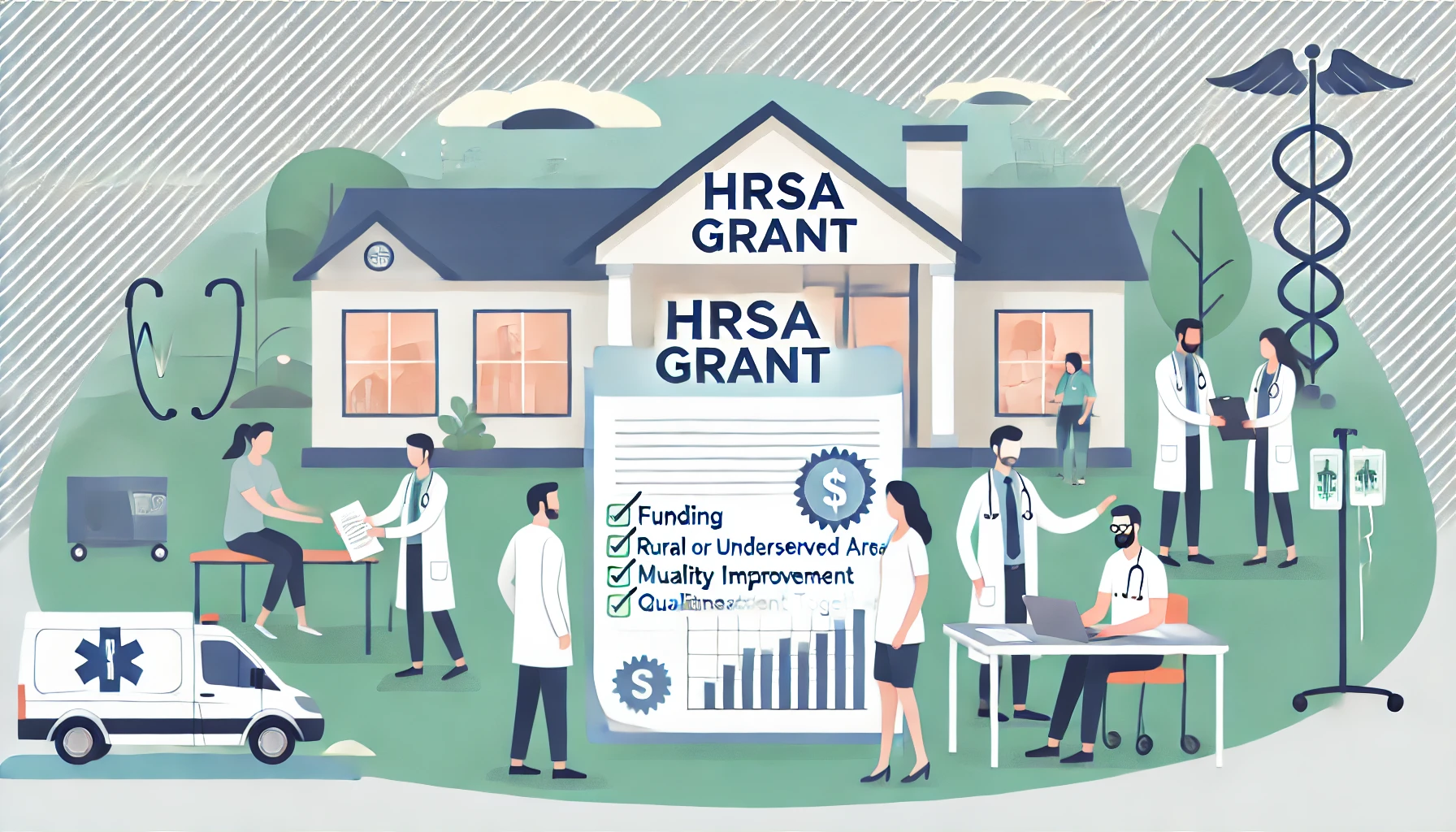
Table of Contents

Tackling Cybersecurity Threats Head-On
Remote work and escalating cyber attacks means patient data is at risk. Here's how top hospitals are tackling cyber threats head-on.

Preventing Cyberattacks is a Top Priority
With the surge in ransomware attacks, cybersecurity is top of mind for healthcare leaders. In this article, we'll explore two major concerns: compromised trusted technologies and the vulnerabilities posed by the remote workforce. By understanding these risks, healthcare organizations can take proactive steps to protect critical systems and sensitive patient data.
Compromised Trusted Technologies
Microsoft Exchange and SolarWinds suffering major breaches would have been unheard of years ago, but now these large cyber attacks are commonplace. Such incidents have a profound impact on the healthcare industry, where every second counts. It's crucial for healthcare providers to be aware of these threats and reinforce their security measures.
Challenges of the Remote Workforce
The COVID-19 pandemic forced healthcare to embrace remote work. While it brought flexibility, it also introduced new cybersecurity challenges. Healthcare professionals using personal devices and home networks unknowingly create vulnerabilities. This issue is particularly challenging for smaller organizations with limited resources to secure remote work environments effectively.
Addressing the Challenges:
To combat these evolving cybersecurity risks, healthcare organizations should adopt proactive strategies:
1. Follow Industry-Recognized Frameworks:
Take cues from established cybersecurity frameworks like ISO 27,001, NIST CSF, or CIS controls. These frameworks offer guidelines to enhance your security posture.
2. Implement Strong Access Controls and Segmentation:
Remember the principle of least privilege. Segment your networks and isolate deprecated systems to limit breaches and prevent lateral movement.
3. Provide Comprehensive Staff Training:
Phishing, social engineering, and cybersecurity best practices should be ingrained in your employees' minds. Regular training sessions are a must to keep everyone informed and vigilant.
4. Regularly Conduct Risk Assessments and Penetration Testing:
Stay one step ahead by identifying vulnerabilities through risk assessments and penetration testing. By uncovering weaknesses proactively, you can patch them up before cybercriminals exploit them.
5. Limit Data Retention and Implement Data Protection Measures:
Adopt a "least data necessary" approach. Encrypt sensitive data, store it securely, and tightly control access to minimize the risk of breaches.
Conclusion
Defending against evolving cybersecurity threats requires constant vigilance in the healthcare sector. By acknowledging the challenges posed by compromised technologies and the remote workforce, organizations can fortify their security measures. By adhering to recognized frameworks, implementing strong access controls, providing staff training, conducting assessments and testing, and prioritizing data protection, healthcare providers can establish a resilient cybersecurity posture. Let's embrace these measures to safeguard critical systems and protect the integrity, availability, and confidentiality of patient data.
Interested in learning more about securing your external peer review process? Join our upcoming event and learn why top hospitals rely on Medplace for peer review.

Why Every Hospital Needs a Quality and Patient Safety Program
Every hospital needs a quality and patient safety program to reduce harm, improve care, and foster a culture of accountability.
.png)
.png)

HRSA FQHC Requirements: A Comprehensive Guide for Healthcare Providers
When it comes to federally qualified health center requirements, there’s no shortage of regulations, expectations, and—depending on your perspective—opportunities.
.png)
.png)

Unlocking Funding: A Guide to Health Resources and Services Administration (HRSA) Grants
Use HRSA grants to fund external peer review programs that enhance care quality, reduce bias, and support compliance in health centers.
.png)
.png)



.png)
.png)
.png)






.png)